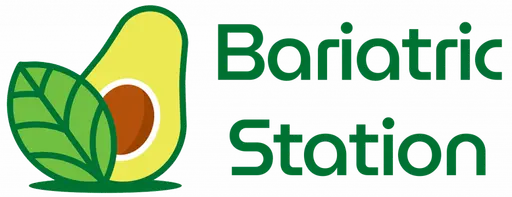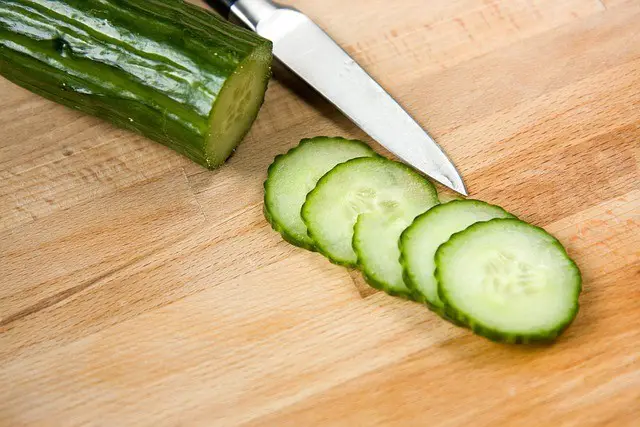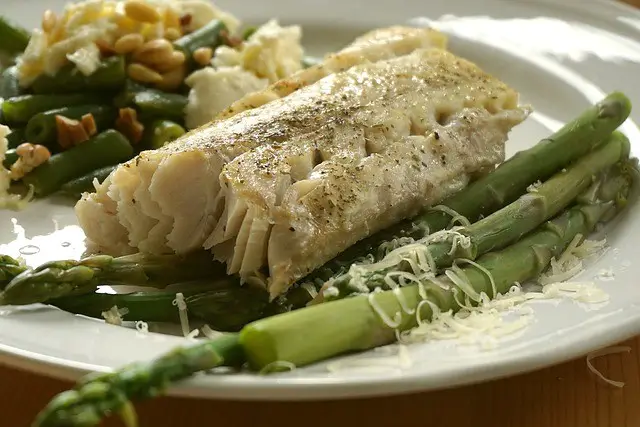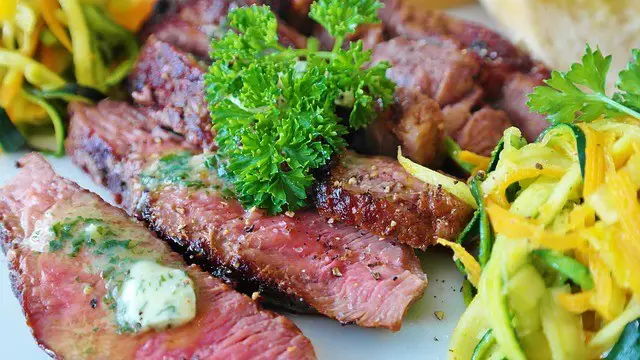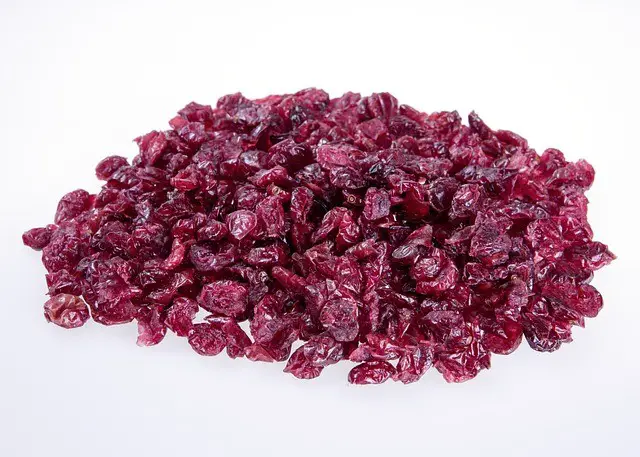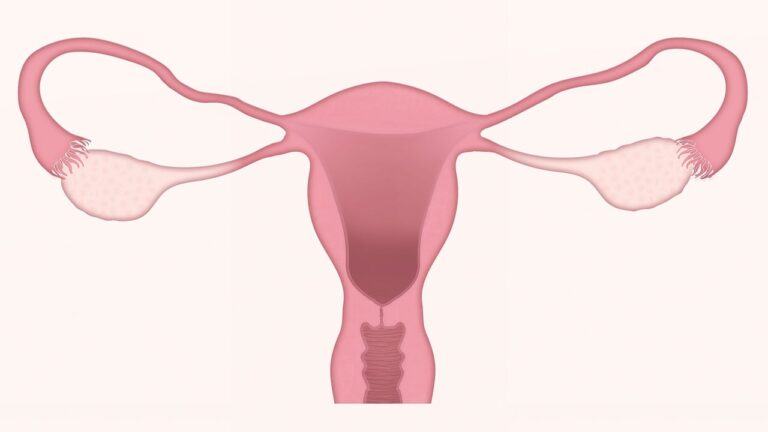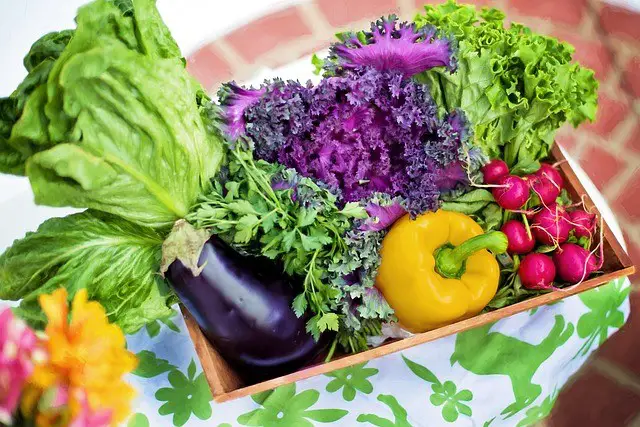They are one of the most popularly eaten vegetables in vegetarian and plant-based diets. Cucumbers are a must-have in salads or veggie wraps. But even as you take a bite, have you ever wondered, what are the health benefits of eating cucumbers?
Well, I wondered for you, and here we are! Let’s take a look at our long green friend. Allow me to educate you on cucumber nutrition information, including cucumber macros, the types of cucumbers available to you, and the health benefits of eating cucumbers.
Cucumber Overview
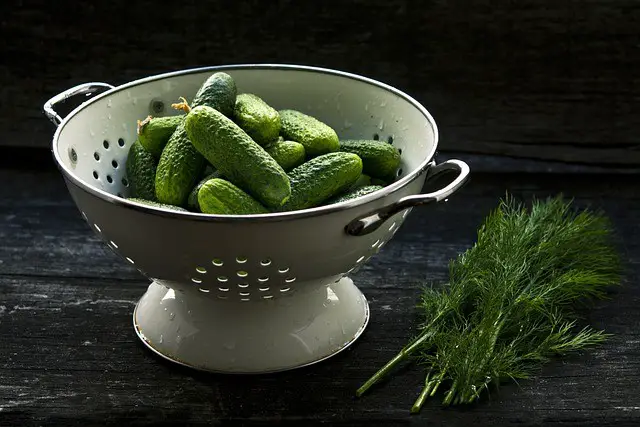
Cucumber is a long green fruit from the same family (Curcurbitaceae family) as pumpkins, squash, and melon. You probably re-read that again! Although most people consider cucumbers as vegetables, botanically, they are fruits.
People have been eating cucumbers for over 3000 years after they originated from India. There are about 100 varieties of cucumber you can come across some being the English, American, Persian, Kirby, and white cucumbers. So, what types of cucumbers can you find when you visit your local farmers market?
Types of Cucumbers
Cucumbers fall under 2 categories:
Slicing Cucumbers
These are the types eaten fresh and raw in salads and wraps. The seedless raw cucumber varieties have a better and sweeter taste compared to their seeded counterparts making them more suitable under this category.
Pickling Cucumbers
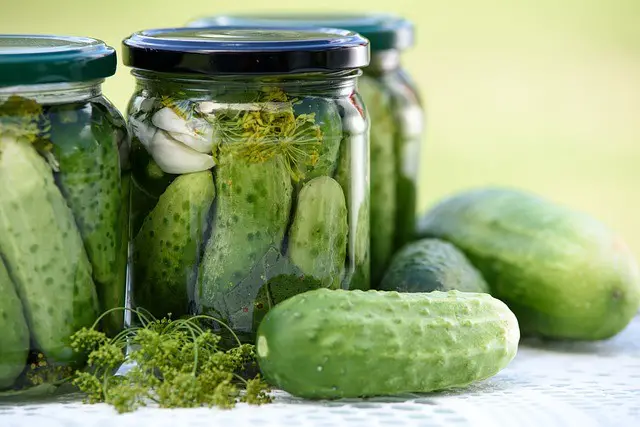
They are usually shorter than the slicing cucumbers, about 3 to 5 inches long and they have bumps or spikes on their skin. This type is soaked in spices and brine to make pickles.
Cucumber Nutrition Facts
What does the cucumber contain that makes it beneficial to you?
Cucumber Macros
According to Fooddata Central, a cup of slices of cucumber with peel, raw contains:
- Energy: 16 kcals
- Total carbohydrates: 4 g
- Dietary fiber: 0.6 g
- Sugar: 2 g
- Net carbohydrates: 3.4 g
- Total fat: 0.1 g
- Saturated fat: 0 g
- Protein: 0.6 g
From these numbers, you can tell that the cucumber is a perfect addition to your weight loss diet.
Are English Cucumbers Low Carb?
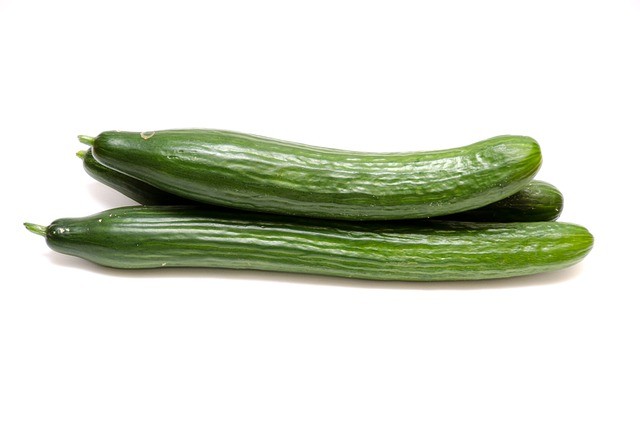
When choosing which veggies to consume on a low-carb diet, like the ketogenic diet, you have to pay close attention to the carb content of nonstarchy vegetables. Looking at cuxumber macros, the English cucumber is considered low carb because one serving size of the cucumber with peel, raw, contains 2 g of total carbs, 1 g of dietary fiber, and 1 g of net carbs.
The glycemic index of cucumbers is 15 and their glycemic load is 0.4 which also classifies them as a low-carb food. Go ahead and enjoy those slices of fresh cucumbers in your salad being rest assured of it not spiking your blood sugar.
Potential Health Benefits of Cucumbers
Why should you eat cucumbers?
Weight Loss

Cucumbers have a refreshing flavor thanks to their high-water content. In addition, this high content makes the low in calories which means you can eat as many cucumbers as you’d like without worrying about packing on any extra weight.
Most research has shown that consuming low-calorie dense foods, especially those with a high water content has been associated with a reduction in body weight.
Keeps You Hydrated

You can get 20 to 30% of your water requirements from the food you consume because you don’t get fluids from water only. Fruits like watermelons have high percentages of water so adding them to your meal plan will keep you hydrated without worrying about additional calories.
Fun fact, 95% of the cucumber is water. Since it has very few calories and contributes to your total water intake, doesn’t this make them beneficial to your health?
Blood Sugar Control
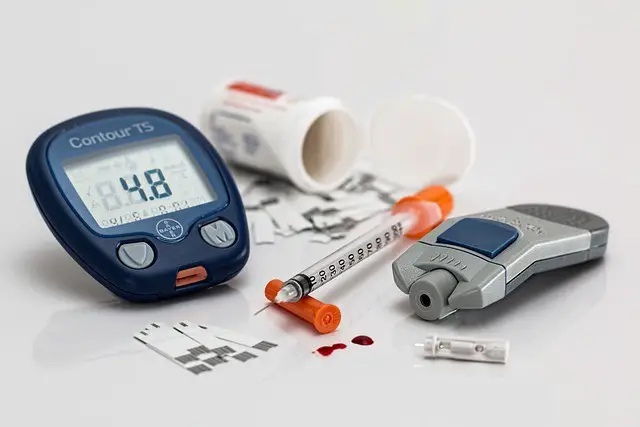
If you suffer from hyperglycemia or diabetes, you should consider eating some slices of cucumbers daily. Animal studies carried out to investigate the effects of consuming cucumbers on blood sugar have shown that they can regulate blood glucose.
One research done on mice on dietary supplements of cucumber peel extracts showed that cucumbers can ameliorate diabetes mellitus and bring about changes in lipid profiles. The anti-diabetic properties of cucumbers are associated with the phytochemicals in these vegetables.
Another attribute of the cucumber that makes it effective in regulating blood sugar is fiber. Fiber slows down digestion and absorption of glucose into the bloodstream reducing the impact on blood sugar, which can be useful in diabetes.
Antioxidative Properties
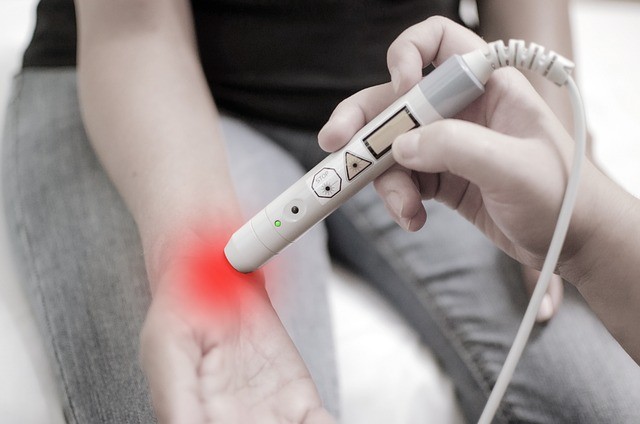
Cucumbers contain phytochemicals like flavonols, polyphenols, and ascorbic acid that help lower oxidative stress in the body. These components help inhibit oxidation that produces reactive oxidative species, unpaired electrons whose accumulation can lead to disease.
Human studies have also been carried out to investigate the antioxidative properties of cucumbers. One study was done on adults above 60 given cucumber powder for 30 days and the data showed an increase in plasma glutathione peroxidase activity, a rise in vitamin C and phenolics content. There was a significant decrease in plasma uric acid, hemolysis, and DNA injury rate of cells. This is a clear indication that cucumbers contain antioxidants.
Moreover, cucumbers contain fisetin, a flavanol whose concentration has been decreased in domestically grown cucumbers. However, the peel contains significant amounts of this phytonutrient with anticancer and antioxidative properties.
Nutrient Dense
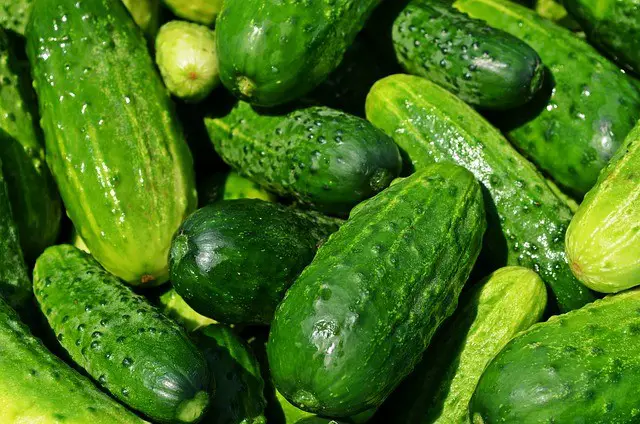
As much as we are focusing on cucumber macros, we cannot fail to appreciate that it is a good source of micronutrients like vitamins and minerals. In one cup of unpeeled cucumbers, you will get:
- Vitamin C: 4.5 mg
- Vitamin K: 10.2 mcg
- Potassium: 193 mg
- Magnesium: 17 mg
- Folate: 19.9 mcg
- Calcium: 19.9 g
- Sodium: 2.8 mg
- Lutein+zeaxanthin: 22.7 mcg
- Phosphorus: 29.8 mg
- Iron: 0.3 mg
Vitamins are needed for the optimum function of the body. Potassium is needed for the normal function of cells and nerves and plays a key role in regulating blood pressure and water retention. When you eat cucumbers, you don’t only focus on the low calories, protein, and carb content, but also the other nutrients that can be beneficial to your health.
Side Effects of Cucumbers

You can get very many nutrients when you eat this vegetable, but you have to be wary of allergies and other risks that come with its consumption. Pesticides sprayed on cucumbers can have an adverse risk to your health when consumed. Cucumber skin has a natural wax on it that helps store cucumbers for longer, but it can also harbor germs.
Peeling your veggie’s skin or washing in hot water can remove the wax on your cucumbers reducing the germs and pesticides from planting and handling.
You can also experience an allergic response from consuming our cool buddy and symptoms include difficulty in breathing, hives, swollen throat, and dizziness. You can see a doctor if you get such symptoms after consuming cucumbers.
One important thing to pay attention to is the consumption of vitamin K-rich foods when on blood thinners. Cucumbers are rich in vitamin K which is necessary for blood clotting. High intake of foods rich in the K vitamin can increase the risk of adverse effects on blood thinning meds like warfarin. Keep your daily vitamin K intake consistent so that your doctor able to know the dose for your medications.
Final Thoughts
Cucumber macros are as follows: low carb content, 0.6 g of protein, and 0.1 g of fat which qualify them as a low-calorie food. You can incorporate them by adding a few slices into your drinking water, using them as alternatives to high-carb foods like cucumber noodles, and eating them raw as snacks or pickles.
Let me know how you love eating your cucumbers in the comment section below!
